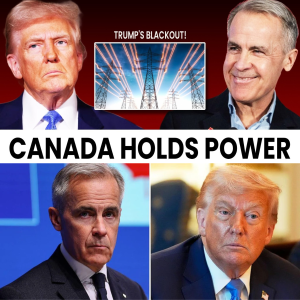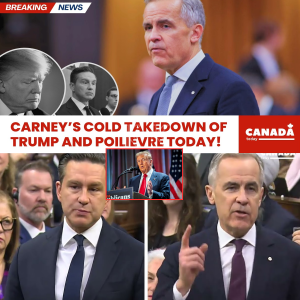A Late-Night Satire Segment Targeting Trump Goes Viral, Prompting Renewed Debate Over Politics and Comedy.
A recent late-night monologue by ABC host Jimmy Kimmel has ignited a nationwide conversation about the power of political satire, the volatility of modern media ecosystems and the continued tension between former President Donald J. Trump and the entertainment world that has long served as one of his most persistent critics. Although the segment was unmistakably comedic and exaggerated in tone, the reaction to it—both online and among political commentators—has underscored how deeply intertwined American politics and entertainment have become.

In the monologue, which aired last week, Mr. Kimmel delivered a lengthy satirical routine portraying Mr. Trump as unusually agitated in response to jokes made about him on late-night television. The segment, filled with the kind of heightened rhetoric and theatrical pacing characteristic of modern comedy shows, quickly spread across social media platforms, where millions of users shared short clips, memes and commentary. Some posts framed Kimmel’s performance as a “takedown,” while others emphasized the hyperbolic, fictional nature of the bit.
By the next morning, what began as a comedic sketch had become a trending national topic, raising familiar questions about the influence of television satire and the role of public figures in amplifying—or reacting to—such content.
The segment itself was not unlike many of Kimmel’s previous routines about Mr. Trump. It combined political criticism, personal impressions and scripted exaggeration—elements that have long been staples of American late-night comedy. But viewers and analysts noted that the performance’s tone, sharpened by rapid exchanges and pointed punchlines, seemed to resonate more intensely than usual. Part of the attention stemmed from the way the bit was reframed and recirculated online, often stripped of its obviously comedic context and repackaged in captions that suggested a real-time confrontation.

Media analysts say this is emblematic of the current information environment, in which satire and news often blur—not because the content itself is unclear, but because audiences encounter it outside its original context. “A late-night monologue is designed to be watched as comedy,” said Rebecca Morales, a professor of media studies at Northwestern University. “But when a 30-second clip appears on a news feed with an emotionally charged headline, people engage with it differently. It becomes part of a political narrative rather than a comedic one.”
The Trump campaign did not issue an official response to the segment—nor is there evidence that Mr. Trump reacted to it in the manner described in social-media captions circulating alongside the clip. Still, the former president has a long history of publicly criticizing late-night hosts and comedians who target him, and that history has helped fuel speculation and online commentary.
Political strategists note that moments like these, even when rooted in satire, can carry real political weight. For supporters of the former president, the widespread sharing of the clip has been cited as further evidence of media bias and what they describe as an entertainment culture predisposed to mock conservative figures. For critics of Mr. Trump, the segment offered cathartic humor at a time when political tensions remain high.
Late-night shows have traditionally served as spaces for political commentary, though scholars have noted a shift in the past decade toward more direct critiques. In an era in which many younger viewers consume their political information through entertainment channels, the boundary between humor and journalism appears increasingly porous. “It’s important for viewers to distinguish between satire and reporting,” Ms. Morales said. “But it’s equally important for us to recognize that satire now plays a significant role in shaping the political conversation.”
The virality of Kimmel’s routine also reflects a broader trend in American political culture: the speed with which fictionalized or exaggerated portrayals can be absorbed into real-world discourse. In some online communities, users reacted to the clip with earnest outrage or celebration, seemingly taking its exaggerated narrative at face value. Others recognized the bit as the parody it was but still viewed its circulation as a meaningful cultural moment.
As for Mr. Kimmel, the host has not publicly commented on the viral response, though members of his production team, speaking informally, described the segment as part of the show’s usual blend of humor and political observation. “Our job is to entertain,” one staff member said. “If a joke becomes a news story, that’s something for the audience and the public to interpret.”
What remains clear is that late-night television continues to occupy a peculiar and influential place in American public life—simultaneously a venue for satire, a forum for political critique and, increasingly, a catalyst for national debate. In this case, a single monologue blurred those lines once again, demonstrating how comedy, in the digital age, can become part of the political narrative within hours.
“
This is the hidden section of your article…
You can add any text or media here, it will appear blurred.





